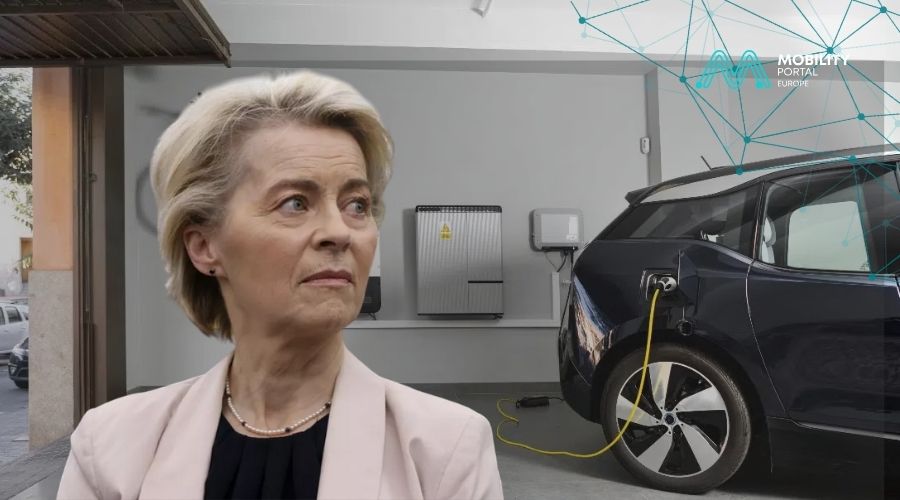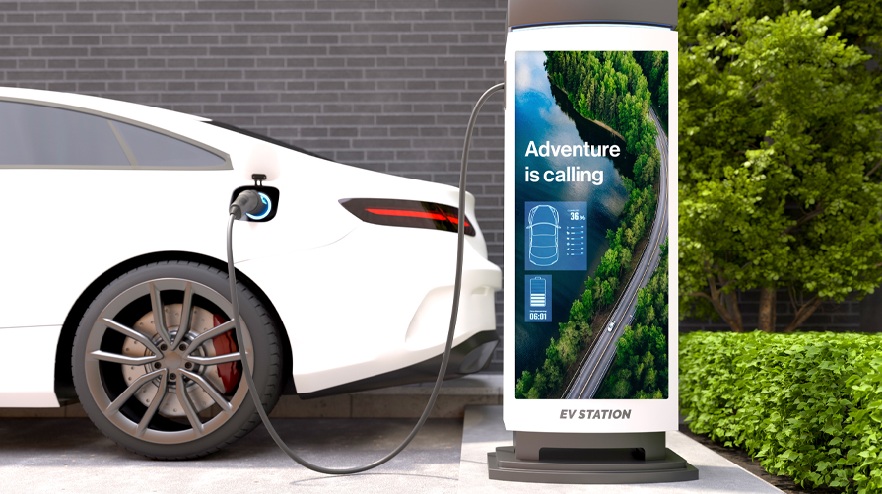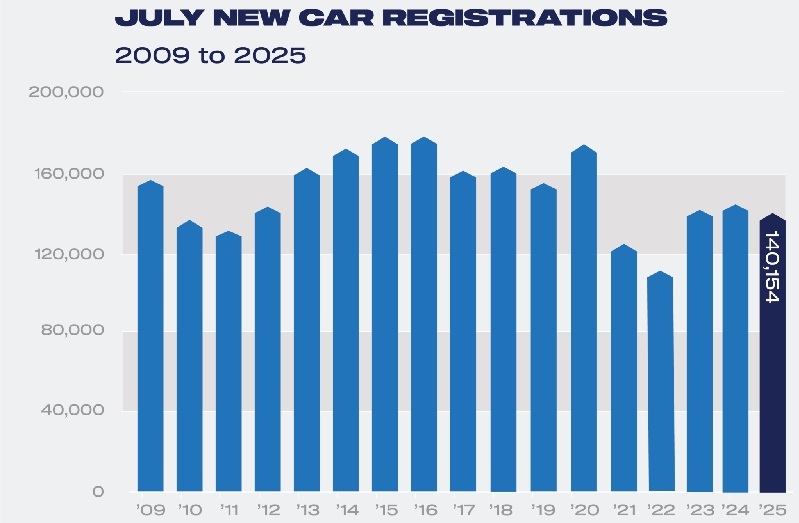Munich-based AI startup Lemonflow, which is developing a voice-based AI agent for charging infrastructure, has successfully closed its pre-seed funding round.
Alongside financial investors, seasoned players from the mobility and AI sectors joined the round.
The company did not disclose the amount raised in the pre-seed round, but did name some of the participants. Investors include Speedinvest and the CDTM Venture Fund.
Of particular importance to Lemonflow, however, are the partners contributing their expertise in the e-mobility and AI ecosystem—among them Adrian Zierer, founder of Charge Construct.
The fresh capital will be used to grow Lemonflow’s product and engineering teams, deepen integrations with charge point management systems, and expand its deployments with forward-thinking operators across Europe.
What exactly is Lemonflow working on?
The startup aims to automate customer support for charge point operators (CPOs) using an AI-powered voice assistant, reducing operational costs by replacing traditional call centres.
At the same time, electric vehicle (EV) drivers are promised an improved user experience, with AI delivering the right answers on demand.
“Lemonflow combines intelligent orchestration with low-latency infrastructure to deliver real-time support experiences. The system continuously analyses interaction data to identify root causes and surface actionable insights — turning every support request into a driver for operational excellence,” the company explains.
The system supports omnichannel use and can interact with users not just via voice calls, but also through chat or email, and across multiple languages.
Lemonflow was founded by two former McKinsey engagement managers: Lukas Fieber, a PhD engineer from the University of Oxford, is the startup’s CTO; and Konstantin Huneke, who previously co-led McKinsey’s EV Charging Practice, serves as CEO.
“This funding allows us to take the next step on our journey toward becoming the category leader for vertical AI in EV charging and mobility,” says Huneke.
“We’re building AI that understands the domain deeply, integrates with physical infrastructure, and solves real-world problems at scale,” he adds.
“Having delivered hundreds of charging sites for almost all CPOs in Germany, I’ve seen firsthand where the real challenges are today,” states Adrian Zierer, e-mobility entrepreneur, consultant, and investor.
He continues: “It’s no longer about just building networks — it’s about running them efficiently and delivering great service. Customer support is one of the hardest — and most underestimated — parts of scaling. Lemonflow tackles exactly this with a state-of-the-art approach and a strong team that understands the operational reality on the ground. That’s why I’m backing them.”
Victor Huerbe, Principal at Speedinvest, added: “The mobility sector is at an inflection point — operational excellence and customer experience are more critical than ever, from EV charging to parking and beyond. Lemonflow’s vertical AI is purpose-built for this moment: deeply integrated, fast to scale, and grounded in real-world challenges.”
READ MORE
-
V2G: The EU’s “unfeasible” solution to blackouts “at the users’ expense”
Bidirectional charging has gained prominence in industry discussions as a potential solution to secure the future of electricity grids and meet the growing energy demand from EVs. However, some industry players warn that it is not a definitive solution. What are the consequences for users if they adopt V2G technology?
-
“Optical bonding” for displays: the key to enabling charging points in demanding environments
This solution enables installation of charging stations in public locations previously deemed unfeasible due to high maintenance costs or the risk of operational failures. But what exactly is optical bonding?
-
UK BEV registrations up just 9%: sector awaits clearer signals
July was the second weakest month of BEV growth this year, after April’s tax changes distorted the market in that month. The newly announced Electric Car Grant (ECG) provides a welcome and much-needed fiscal incentive for BEV uptake, but full model eligibility has yet to be confirmed.










